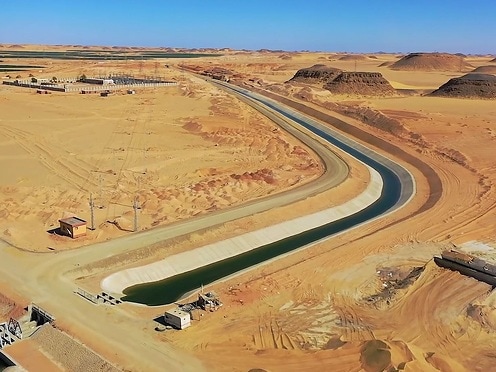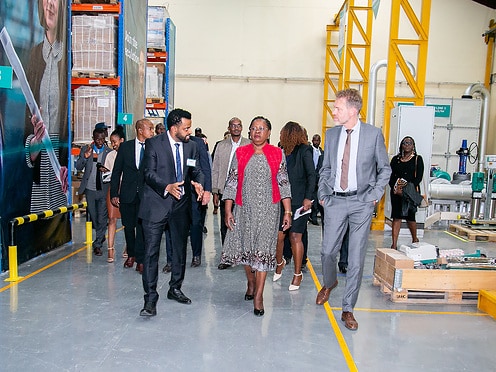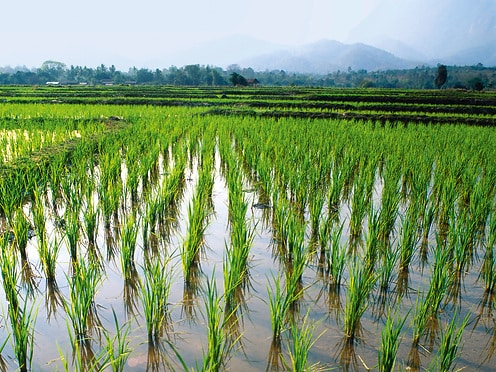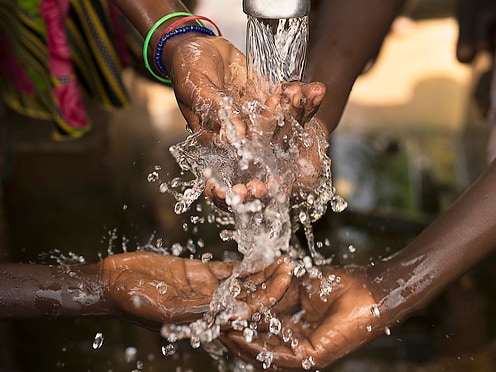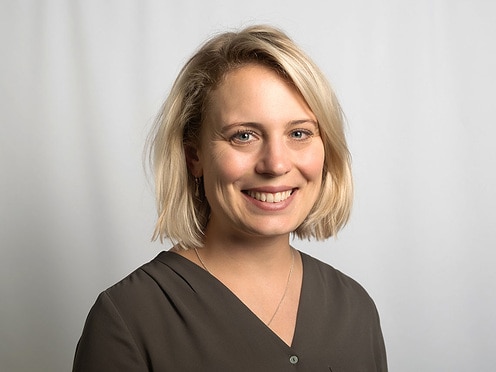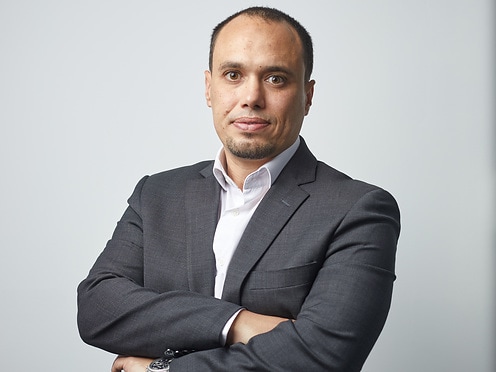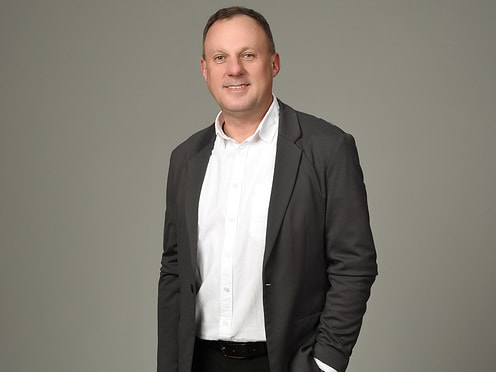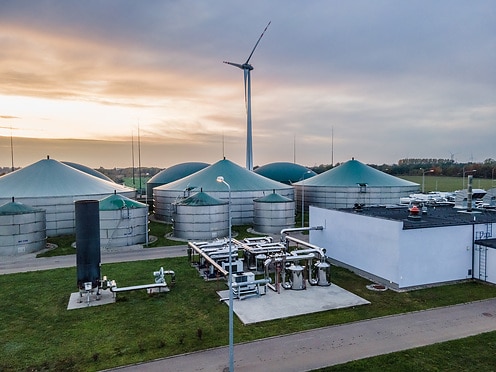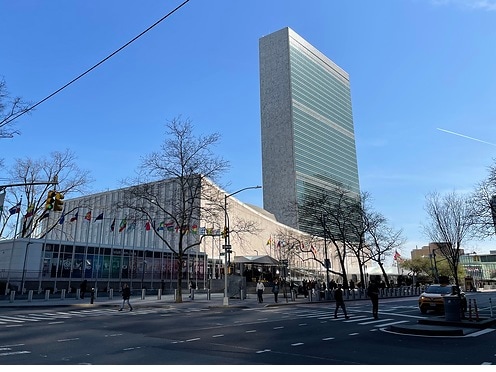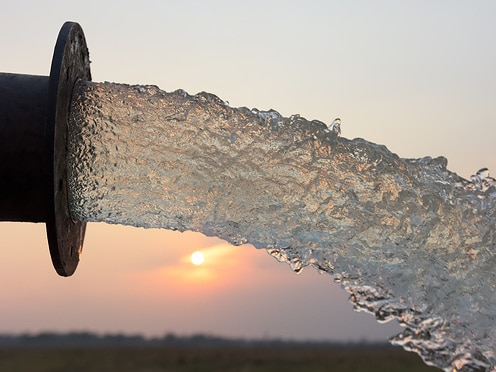Sebou Project: Transforming Water Supply in North Africa
This article features:
Morocco's Bouregreg Basin is undergoing a revolutionary change in water management and supply, driven by the Sebou project. The connection of the Sebou guard dam and the Sidi Mohamed Benabdellah dam marks a significant advancement in Morocco’s National Water Plan (Plan National de l'Eau, PNE) and promises profound impacts on the region and beyond. This article explores the details of this landmark project, highlighting its role in driving positive change.
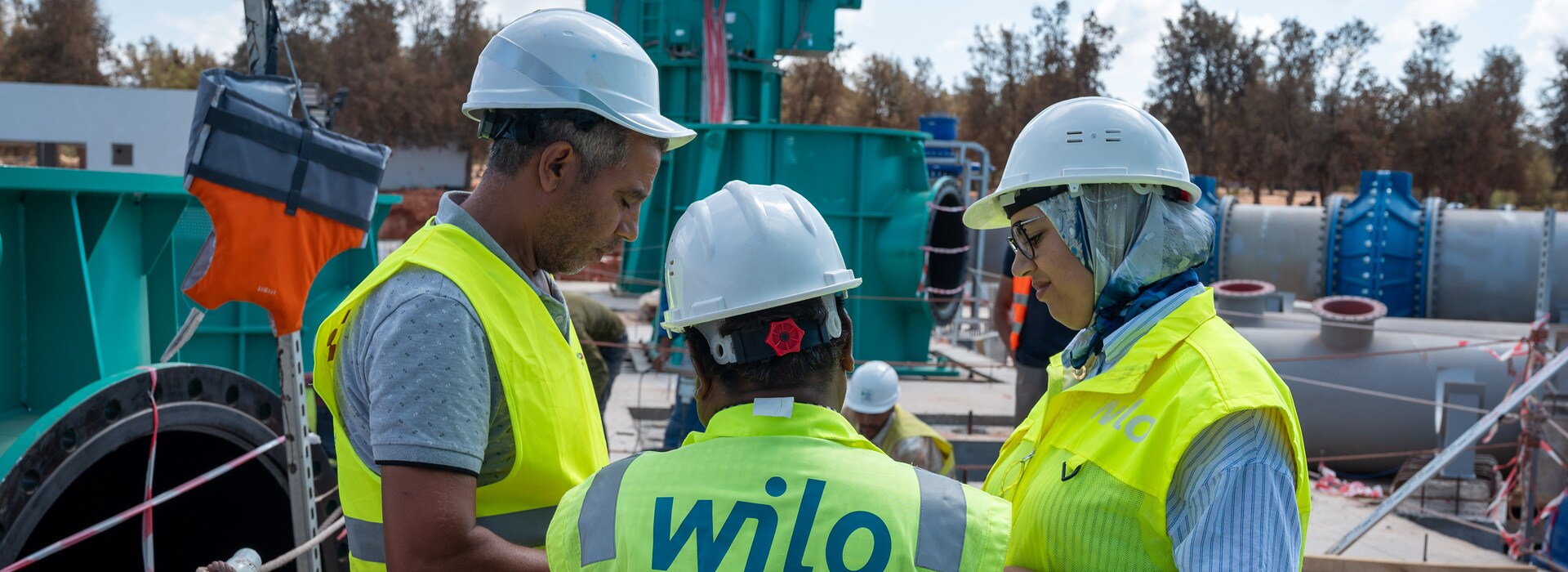
The heart of the Sebou Project: Sebou and Sidi Mohamed Ben Abdellah Dam
The Sebou Dam in Morocco's Ifrane province, completed in 1973, manages water resources and generates hydroelectric power. It regulates the flow of the Oued Sebou River, aims to irrigate households and industry, and mitigates the effects of floods and droughts. As a cornerstone of Moroccan efforts towards water security and sustainable development, the Sebou Dam underscores the country’s commitment to ensuring a resilient water supply.
In parallel, the Sidi Mohamed Ben Abdellah Dam, also known as the El Kansera Dam, located in Morocco's Tadla-Azilal region, serves multiple functions: water supply, irrigation, flood protection, and hydroelectric power generation. Operational since 2008, this facility has significantly improved water availability and agricultural productivity in the region. It showcases Morocco's commitment to harnessing water resources for socio-economic progress while preserving the environment.
Morocco's National Water Plan: Combatting Water Crises
The Morocco National Water Plan (Plan National de l'Eau, PNE), adopted in 2009, is a comprehensive strategy focused on tackling the nation's water challenges and promoting sustainable management of water resources. The plan aims to ensure a secure water supply, improve management, promote efficient use, develop infrastructure, implement resource conservation measures, manage groundwater, protect watersheds, and raise public awareness trough campaigns. With this plan, the government seeks to achieve water security, drive socio-economic growth, and adapt to the impacts of climate change on water resources.
In this multifaceted approach, desalination plays a central role: the country intends to produce 50 per cent of its drinking water through desalination by 2030, aiming for a production target of 1,400 million cubic meters. Although agriculture contributes significantly to the economy and employment, only 15 per cent of the Morocco’s land is irrigated, placing immense strain on water resources. With irrigation cultures consuming up to 85 per cent of available water and many small farmers facing recurrent droughts without adequate protection, the demand for sustainable water management strategies is growing.
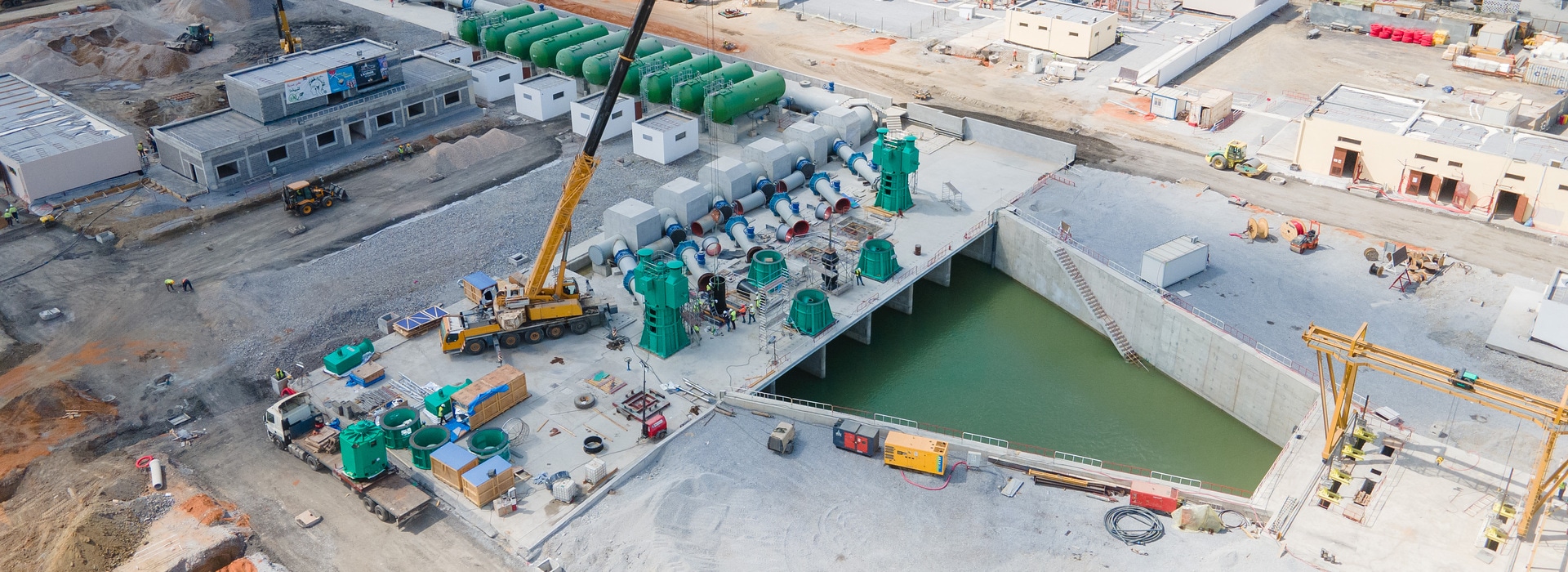
In this multifaceted approach, desalination plays a central role: the country intends to produce 50 per cent of its drinking water through desalination by 2030, aiming for a production target of 1,400 million cubic meters. Although agriculture contributes significantly to the economy and employment, only 15 per cent of the Morocco’s land is irrigated, placing immense strain on water resources. With irrigation cultures consuming up to 85 per cent of available water and many small farmers facing recurrent droughts without adequate protection, the demand for sustainable water management strategies is growing.
Strengthening Resilience: Sebou's Impact on Water Security
Embedded in Morocco's National Water Plan, the Sebou project emerges as a cornerstone that bolsters infrastructure and resilience. It addresses critical water supply issues in the Bouregreg Basin and neighbouring regions, aiming to secure access to drinking water along the coast and alleviate water deficits in irrigation areas. By creating new infrastructure and optimising resource management, the project ensures sustainable and reliable water supply.
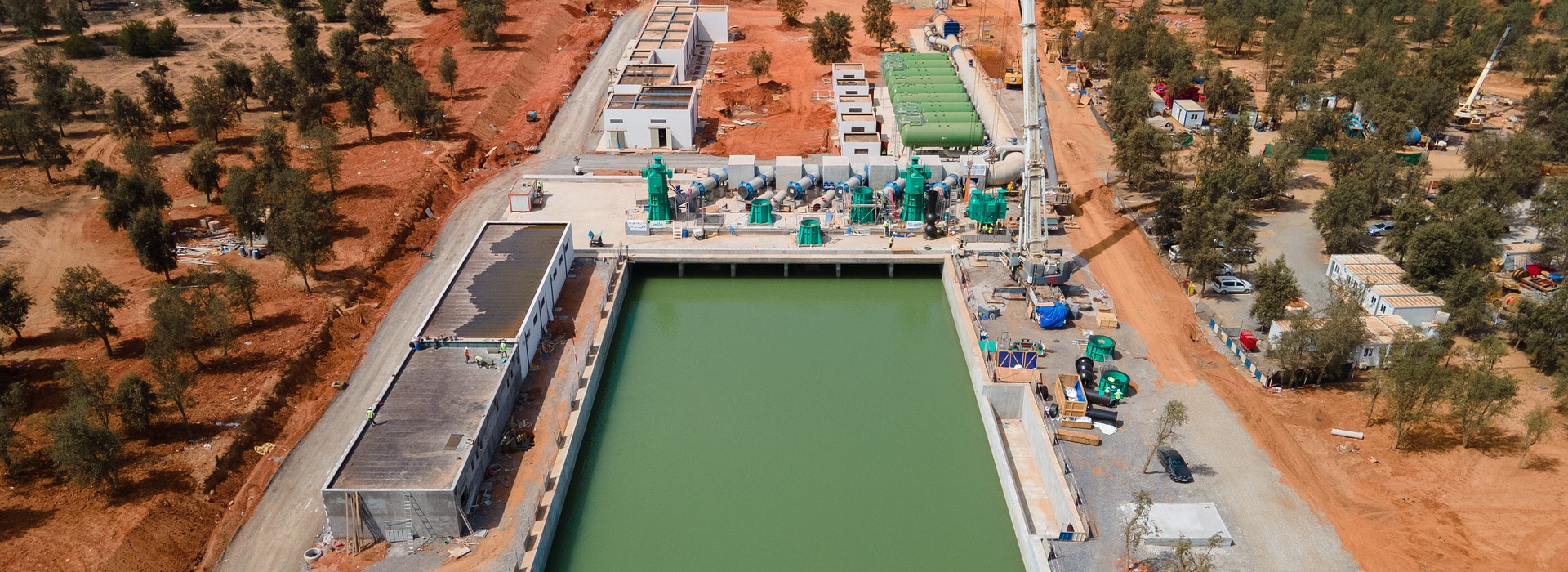
Water Supply: Investing in the Future
The project is divided into phases that link key dams in the Bouregreg basin and Settat province. Main goals include reliably supplying Rabat-El Jadida and Casablanca metropolises with drinking water after a 40-year drought as well as addressing water scarcity in irrigation areas like Doukalla and Central Haouz. Beyond that, the initiative aims to improve the adaptability of water structures to climate change and streamline resource management processes by reclaiming lost water and enhancing flood protection measures. With estimated costs of 570 million US dollars, the project is a vital component of the National Drinking Water Supply and Irrigation Programme. The first phase, which began in June 2022, connects the Sebou Dam with the Sidi Mohamed Ben Abdellah Dam. Subsequent phases will extend the connection to other significant water structures in the region.
Going Beyond: Catalyst for Socio-Economic Progress
However, the Sebou project extends beyond improving water supply and is set to enable socio-economic progress in the region. Supported by substantial public investments, this initiative is poised to serve a large number of people, fostering progress and prosperity. Efforts for flood protection transcend risk education. Through holistic ecological and infrastructural resilience strategies, the region is shielded against various natural challenges. With an improved drainage system, the project lays a solid foundation for the environment’s future resilience. In addition, the Moroccan government focuses on eco-friendly infrastructure solutions, enhancing the health of the entire ecosystem.
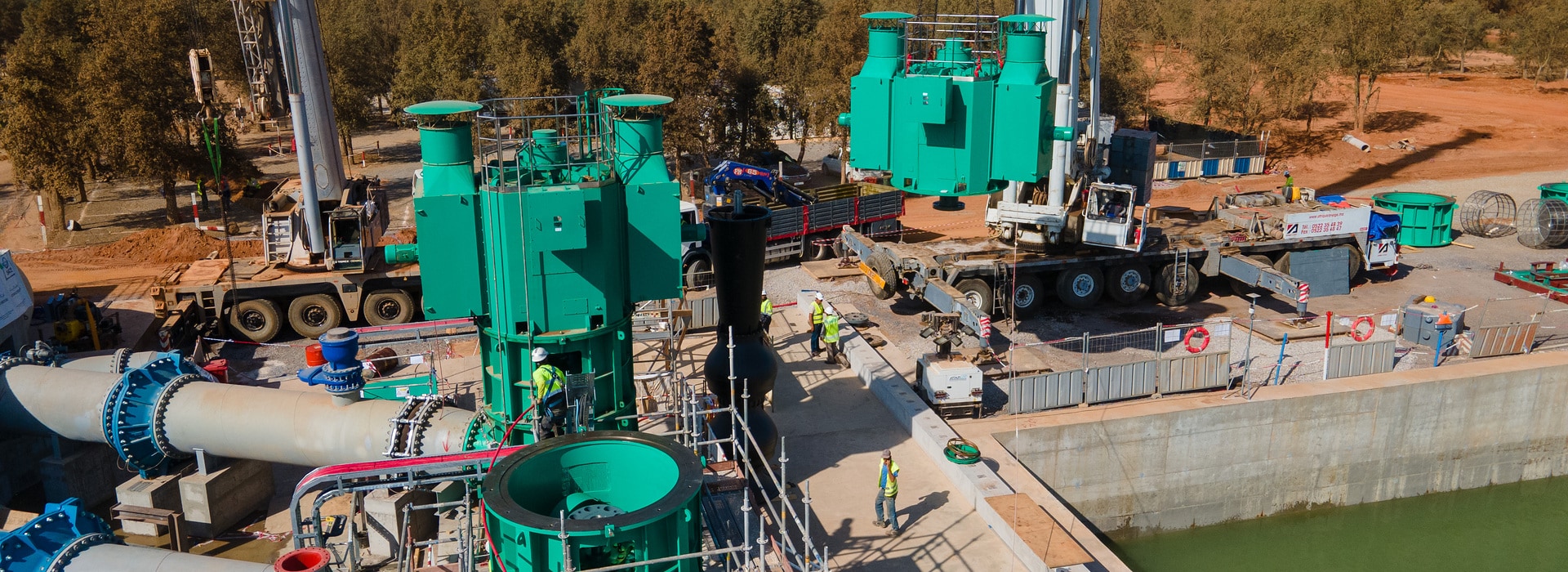
Wilo: Partner for Change
At the heart of this massive endeavor are innovative technology and ingenuity. Wilo delivers twelve vertical turbine pumps, each with a capacity of 4.5 megawatts, outfitting the SP1 and SP2 pumping stations. These products, specifically designed for water extraction from underground sources, ensure seamless water transfer over an extensive area of 67 kilometres. This water highway is of utmost importance in terms of access to communities in need and support for regional industry.
Innovative Solutions: Setting standards
The Sebou project exemplifies Morocco's commitment to positive change and promotes innovation. Incorporating cutting-edge technology, it strengthens community resilience against environmental stresses, aiding climate change adaptation and mitigation efforts – significantly improving the quality of life in the region. Transformative projects like Sebou not only assist the Moroccan government in providing essential resources but also promote sustainability and progress. As the project progresses, Wilo aims to collaborate with other key players to set new standards for integrated water management and socio-economic development in the region.
Outlook: Sustainable Water Solutions in North Africa
Looking forward, the Sebou project representssustainable water management practices in North Africa. Facing increasing water scarcity, collaborative initiatives like Sebou offer pathways to resilience and prosperity. Through ongoing innovation, investment, and collaboration, North Africa can overcome its water challenges, using advanced technologies and sustainable practices. Therefore, it paves the way for a stable future in the Bouregreg Basin and beyond.


